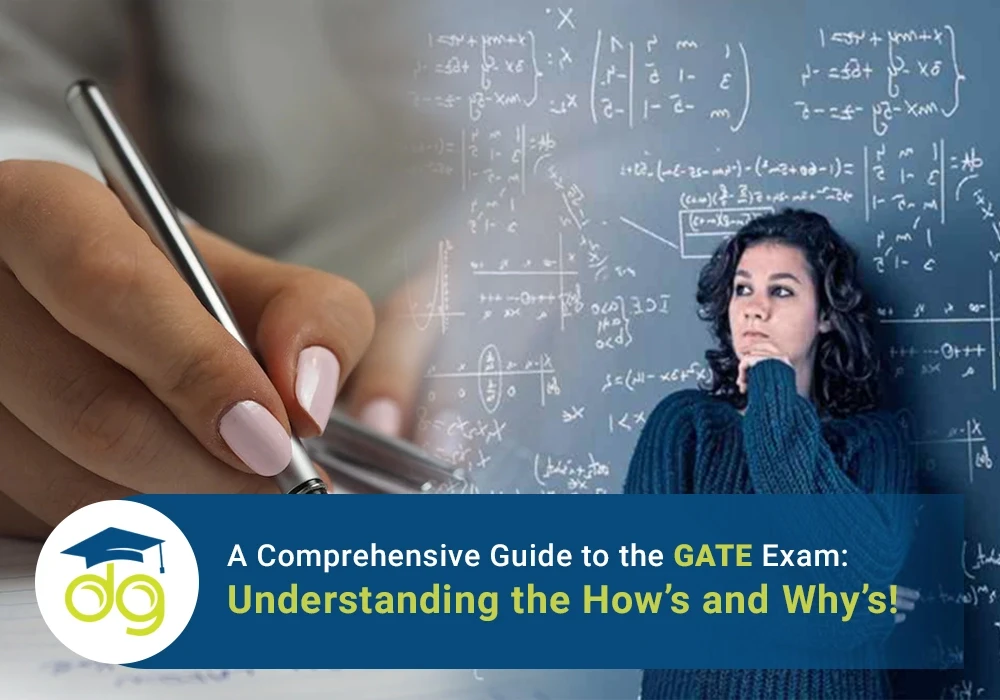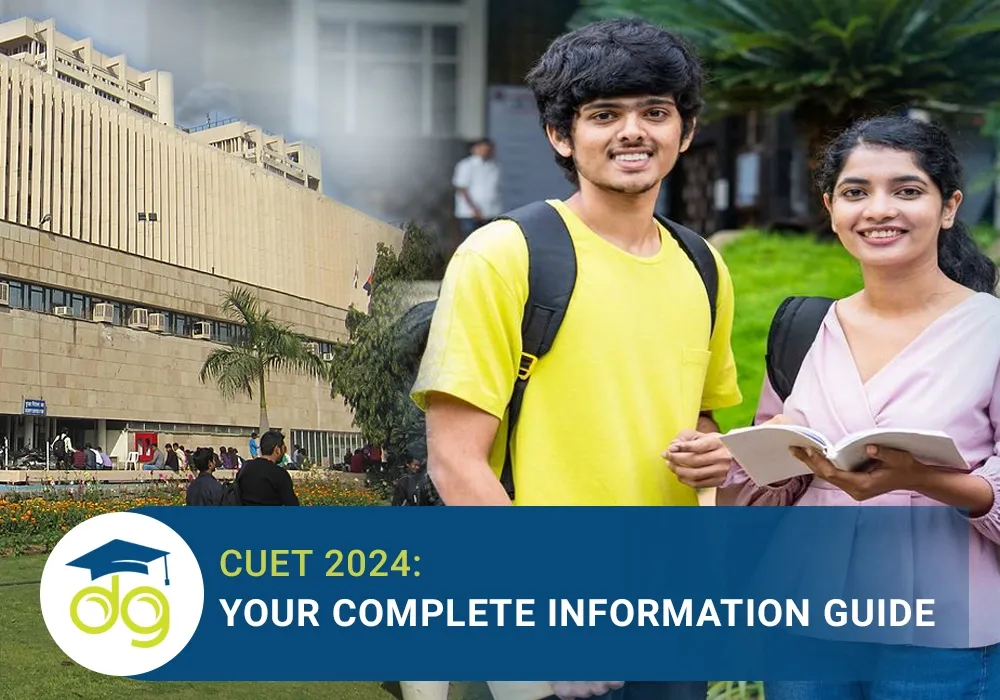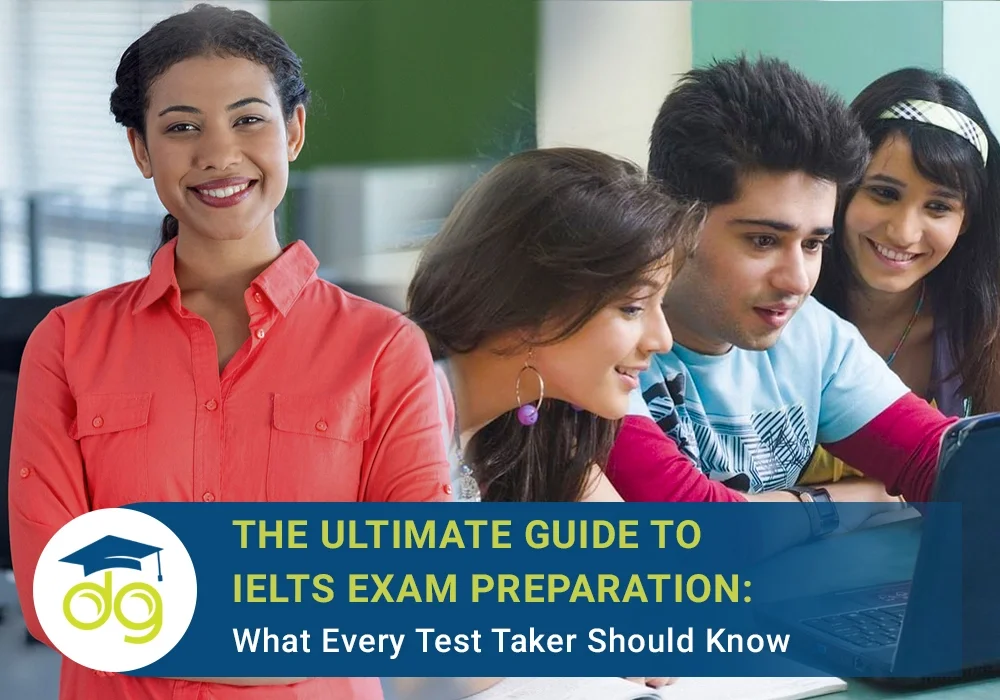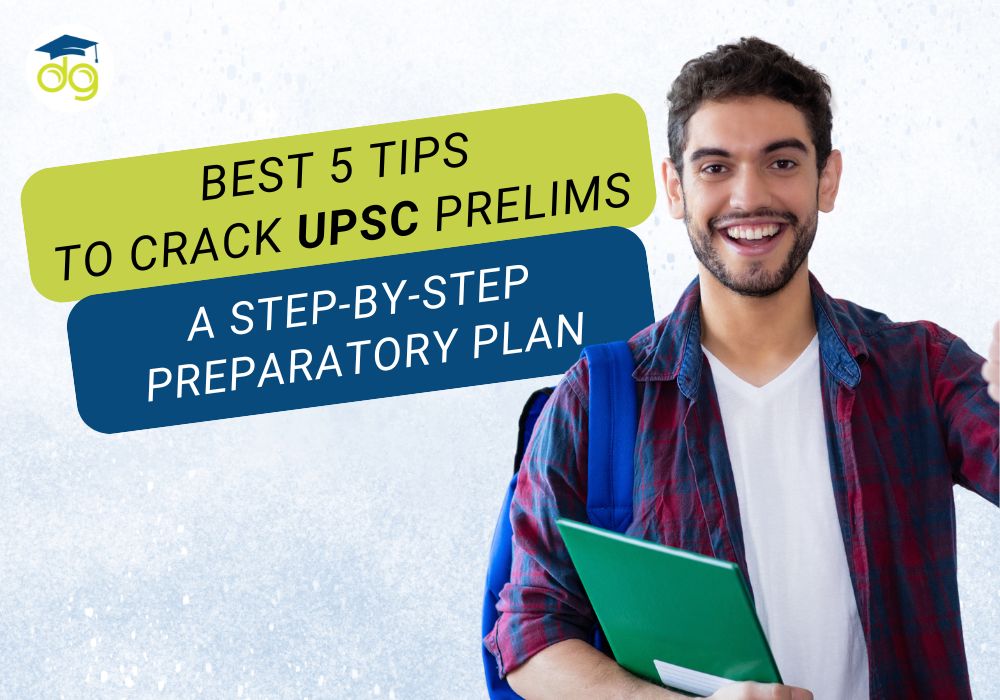Best 5 Tips to Crack UPSC Prelims: A Step-by-Step Preparatory Plan
Achieve Success in UPSC Prelims with These Proven Strategies
Preparation for the preliminary exam of UPSC involves a lot of effort and can be such a tiresome journey at many times, but with all the strategy and focus to it, success is undoubtedly achieved. Here are five essential tips to help you in creating a comprehensive study plan that may increase your chances of cracking the exam for you.
1. Know the Pattern of Your Exam
Preliminary Structure Overview
The UPSC Civil Services Preliminary Examination consists of two papers, namely General Studies Paper I and General Studies Paper II, commonly referred to as CSAT.
General Studies Paper I is meant to assess the candidate's knowledge over a wide spectrum of subjects, including History, Geography, Polity, Economy, Environment, and Current Affairs. It is considered important as it serves as the shortlisting criterion for the Mains examination.
General Studies Paper II (CSAT) checks your ability in comprehension skills, logical reasoning, analytical skill, decision-making capability, problem-solving skill, and basic numeracy skills. It is a qualifying paper, so you qualify to go to the next level with a minimum score of 33%.
This structure helps the candidates prioritise the areas they have to study and then manage their time accordingly. Observe the weightage of the topics; certain areas will have more questions than others, so one needs to study them more deeply.
Importance of Syllabus
The UPSC syllabus is very vast and requires much thought. The heart of proper preparation is to go through the syllabus. With a targeted strategy, you will have sufficient time to focus on major topics and not be drawn into other less important stuff.
Focus areas:
History: Ancient, Medieval, Modern Indian History, including aspects of freedom struggles, famous personalities, and other influential events in India.
Geography: A good basic understanding of Physical Geography, Human Geography, and Economic Geography are essential. Climate, distribution of population, and available economic resources are some general topics in the exam.
Polity: The important areas are the Constitution, political system, governance, and rights. The idea about the working of an institution like Parliament, Judiciary, and Executive is imperative.
Economy: You can remain abreast of the elementary economics ideas, growth, and policies of the Indian economy. You can remain current about the contemporary issues affecting the economy and its impacts nationally and internationally.
Environment: Topics related to ecology, biodiversity, and environmental legislations are ever-becoming important. One's awareness of current issues about the environment concerning India could give one an added edge.
2. Creating a Timed Plan
Time Planning
A structured schedule needs to be developed in order to maximise productivity and complete the whole syllabus. A planned schedule ensures that timely planning is done and one remains organised while preparing.
Start by finding out how much time you can devote during the day. Most successful candidates recommend between 6-8 hours a day. Here is a suggestion of slots you can break up your day into:
Morning Session 3 hours: General Studies topics. It is when the mind is fresh; that's the time to look into complex subjects.
Afternoon Session 2 hours: CSAT. One would practise comprehension passages and work on logical reasoning and numerical aptitude.
Evening Session 2-3 hours: Current affairs/revision. Notes to summarise and recent developments to learn from.
Daily and weekly goals.
Setting daily and weekly targets is one of the methods to ensure that motivation does not drop and progress keeps going. Start with the broad targets for the week, such as covering two subjects or completing a given number of chapters, which can be broken down to daily targets.
Weekly Target: Deeply study the Modern History chapter and understand key events.
Daily Targets:
Day 1: Read and summarise the Revolt of 1857.
Day 2: Focus on the freedom struggle and the key leaders.
Day 3: Practise related questions from previous year papers.
While setting achievable targets gives the feeling of accomplishment for doing more study, the work should be planned, or tracked with a planner/digital app, to know the amount of learning in comparison to the set goal for understanding and retention.
3. Focus on NCERTs and Standard Books
The practice for UPSC Prelims usually starts with NCERT text books because of easy words and simple explanations, laying an essential foundation before looking at more complex reference works.
Important NCERT books focus:
History: Go through all the NCERT from class VI to XII which lays down the overall developments within Indian history.
Geography: Class XI and XII NCERT textbooks have wide-ranging physical and human geography material that is important for Prelims and Mains both.
Polity: The Class XI NCERT Political Science is compulsory to understand the Constitution of India and the working of the country.
Economy: Class IX and Class XII NCERTs have broad coverage of basic economic thoughts and insights into the economy in India.
Some Important Books:
Indian Polity by M. Laxmikanth: The book is a comprehensive guide on the Indian political system. It is highly recommended to aspirants.
Certificate Physical and Human Geography by G.C. Leong: It gives clarity on difficult geographical concepts and is thus essential for environmental studies.
Ramesh Singh, Indian Economy : This book explains economic concepts and later updates them according to the latest developments by the author.
Conceptual Clarity
For UPSC preparations, it is more important to understand than just memorise the concepts. This kind of approach not only assists in attempting questions more effectively but also in bringing various subjects together in exams.
Remember comprehension over memorization. You could remember all the details of a historical event instead of memorising them: know the causes, impact, and what led up to it. This helps you deal with questions where analytical thinking rather than simple recall is necessary.
4. Practice using Mock Tests
Mock tests form a very important part of the UPSC exam preparation. In fact, they assist in getting one accustomed to the atmosphere of the actual examination, and time management also becomes effective. To assess one's preparation level by testing himself/herself at regular intervals is quite a prerequisite to understand the pattern of the examination.
Start at least 2-3 months prior to the exam date. Take one mock test every week and then gradually increase more mock tests as you reach closer to the date of the examination. This will surely boost your confidence and will reduce anxiety in you.
Analysis of Performance
Immediately after every mock test, take time to critically analyse your performance. Note down which types of questions you found difficult and those which you got right.
Here are steps for effective analysis:
Review Mistakes: Go through every wrong answer. Knowing why you got it wrong is more useful than just noting the right answer.
For example: are you getting stuck making mistakes in a particular subject or kind of question? Work with this to shape up your study plan.
Time Management: How did you do in respect of time management during the test? If you have problems with timing, you need to practise answering questions faster.
5. Current Affairs and Revision Strategy
Current Events
Current Affairs holds a significant place in the UPSC Preliminary examination, particularly in Paper I-General Studies. Keeping abreast of national and International happenings will not only help you answer current affairs-related questions but also add to your knowledge pool.
Choose good source of current affairs
News Paper: The Hindu and Indian Express are better options to get a detailed view of current events.
Online Resources: Webs and apps exclusively meant for UPSC can summarise the daily news, pertinent to the exam in very few words.
Monthly Magazines: Yojana and Kurukshetra magazines have good long analysis of current issues as well as government schemes in detail.
Develop the practice of devoting at least some time every day towards current affairs. Short notes of important events on important topics like politics, economy, and environment will become easy to revise through that.
Effective Revision Techniques
Whenever the examination is near, revisiting is very important. Use effective revision techniques to memorise the information.
Some techniques include:
Mind Mapping: It is a visual method for creating the representation of topics. It associates key ideas and concepts. This technique helps in memorization by automatically establishing links between various areas of study.
Summarising: This technique involves writing concise summaries about each subject or topic, capturing critical points. This practice reinforces your understanding and creates quick revision materials.
Flashcards: Flashcards will help the memorising of important facts, dates, and definitions. One can easily carry the same with oneself and have revision during leisure time at the hand's end.
Revision Schedule: The final month would be for planning a schedule. This makes sure there is enough study time with less cramming.
Conclusion
Crack UPSC Prelims with strategic discipline. You can well see through the pattern of this exam, set a well-structured plan for yourself, focus on the resources you need to work upon, practise them regularly, and stay updated on the current affairs to improve your chances of getting through it. Dedication and perseverance are your best friends during this journey. Stay focused, be consistent, and all the very best!
Visit Skoodos Bridge and get more details on the UPSC Exam. You can check out important information on other competitive exams as well.
Frequently Asked Questions
How many hours of daily studies are recommended?
Ideal focused study time would be 6-8 hours a day, but it has to be adjusted according to your comfort level of sustaining. Do not forget breaks and relaxation time to avoid burnout.
2. How early should I begin studying for the UPSC Prelims?
Preparation should start at least 6-12 months prior to the exam date. In that time span, proper syllabus coverage is there along with time to revise more and conceptual efficiency.
3. Is a mock test mandatory?
Giving mock tests is a sound practice to prepare for the test. Familiarity with the test pattern always assists and helps to enhance one's time management skills to determine the more concern-generating areas.
4. How to deal with stress during the preparation?
To deal with the stress, add regular breaks, physical exercise, and mindfulness practices like meditation in your daily routine. Balanced lifestyle will keep you focused and energised.
5. What is the role of current affairs in Prelims?
Current affairs make a significant component of the General Studies Paper I. By keeping yourself informed of the current events happening in your country and world, you will not only be able to answer the questions associated with recent developments but will also enhance your general awareness and appreciation for national and world issues.
Categories
Archives
Similar Posts

How to Crack CAT Exam in First Attempt: Proven Strategies
by Skoodos Bridge


Is CLAT Coaching worth the Investment for your Success?
by Skoodos Bridge

A Comprehensive Guide to the GATE Exam: Understanding the How’s and Why’s!
by Skoodos Bridge

GMAT Vs CAT 2024: Understanding the Variances and Making the Right Choice
by Skoodos Bridge

NATA Exam 2025 Guide: Benefits and Career Prospects for Aspiring Architects
by Skoodos Bridge


The Guide to IELTS Exam Preparation: What Every Test Taker Should Know
by Skoodos Bridge

Want to Become a Chartered Accountant in India: 5 compelling reasons to make the leap!
by Skoodos Bridge


Leave a Comment